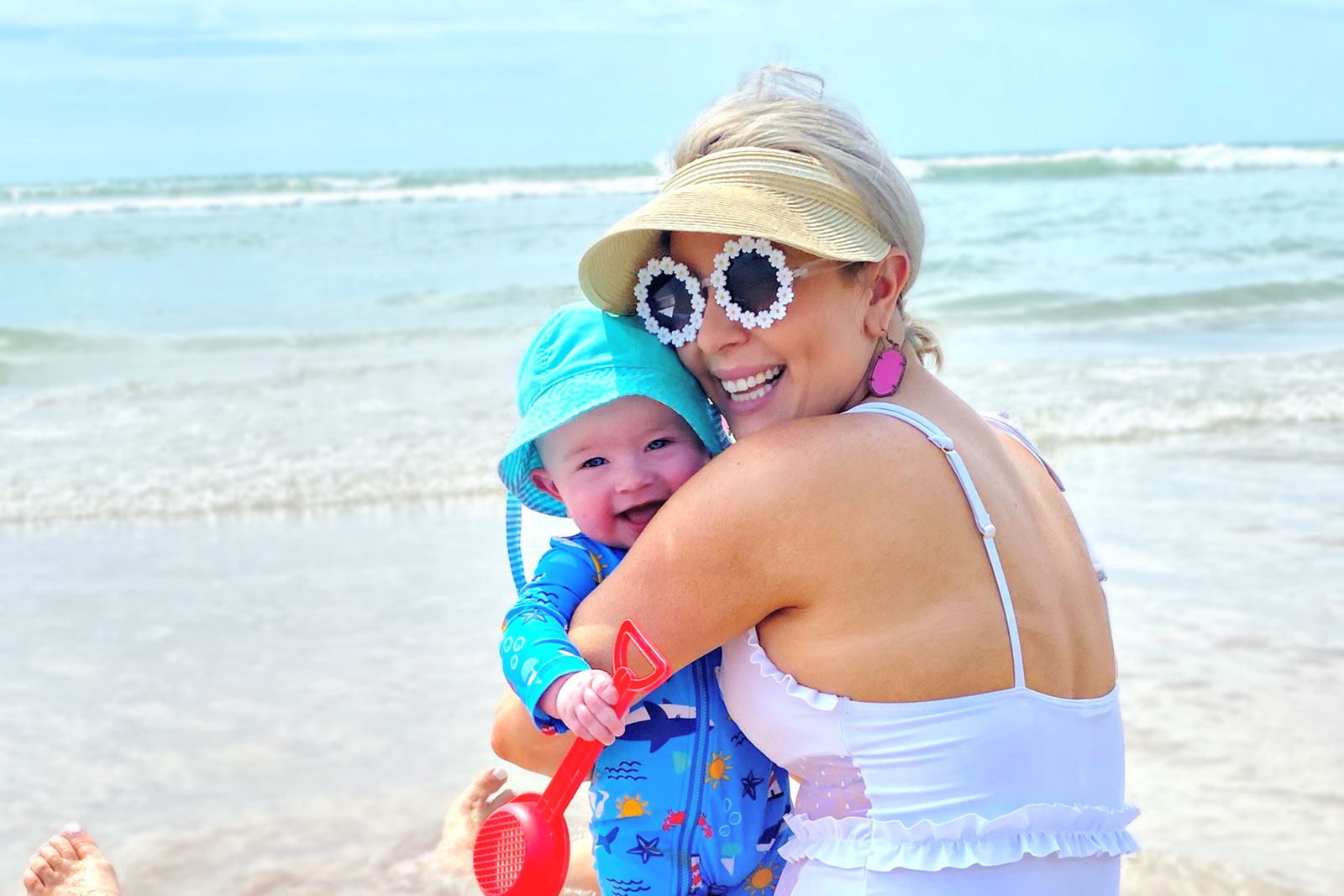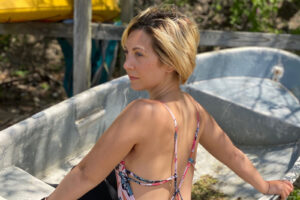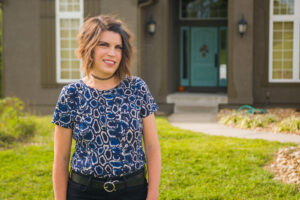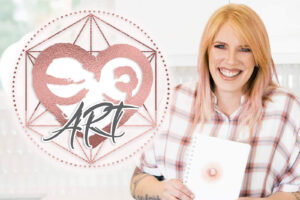While most people would say receiving a cancer diagnosis was the worst moment of their life, for me it was hearing “You may never be able to have children.” For young women facing a cancer diagnosis, loss of fertility can be overlooked by the care team while devastating for the patient. So how can you advocate for yourself and maintain hope when the future for a family is so uncertain?
Motherhood served as the compass for my life for as long as I could remember. I have always loved children and dedicated my education and my first career to bettering the lives of young ones. Then I was unexpectedly diagnosed with triple positive breast cancer at age 27.
The grief and fear over not being able to have children was more monumental than the grief over the diagnosis itself. I grieved for the life I had planned. My motherhood goals were wrenched from me while fighting for my life. I was reeling. How could I define myself without the future I’d planned.
Luckily, my doctors recognized the urgency of my fertility concerns and guided us through fertility preservation options. We chose to freeze embryos, though it was an expensive option many women are not afforded due to cost or treatment urgency. We relied on family for support.
After the IVF cycle, I was forced to put my dreams of motherhood aside for a few years to begin hormone blocking therapy. The frozen embryos represented all the hope I had for our future family and I clung to it while learning how to redefine purpose in my life.
The next year was filled with grief, sadness, anger and jealousy. Everyone around us seemed to be moving forward with successful pregnancies. I wanted to be happy for them, but it was soul-crushing. The unfairness of my cancer diagnosis and subsequent life changes brought me so much anger.
My motherhood goals were wrenched from me while fighting for my life. I was reeling. How could I define myself without the future I’d planned?
As I examined my anger, I realized it was rooted in fear. Who was I without the ability to have children? Would my marriage sustain? How would I find purpose in life without the goal of motherhood?
I realized that I was missing out on opportunities to live and thrive so I began journaling. It helped and I continued to build my blog. I found ways to give back to the breast cancer community. And I slowly took control of my life again.
As I began to define myself as a leader, a writer, an advocate and a community-builder, I came to love myself on a deeper level. I was so much more than a woman without children. I was still worthy!
I stopped constantly thinking about babies and instead dedicated that energy to rediscovering myself, bonding with my husband and fostering my passions. We made time to travel and built two businesses from the ground up as we redefined our goals as a couple.
I still wanted a family, but I began to see the future differently. Maybe it would take many years. Maybe we would adopt. Maybe we would use a surrogate. I knew that I would be a mother someday, even if it was not how I originally imagined it. I was happy and fulfilled for many years in this mindset.
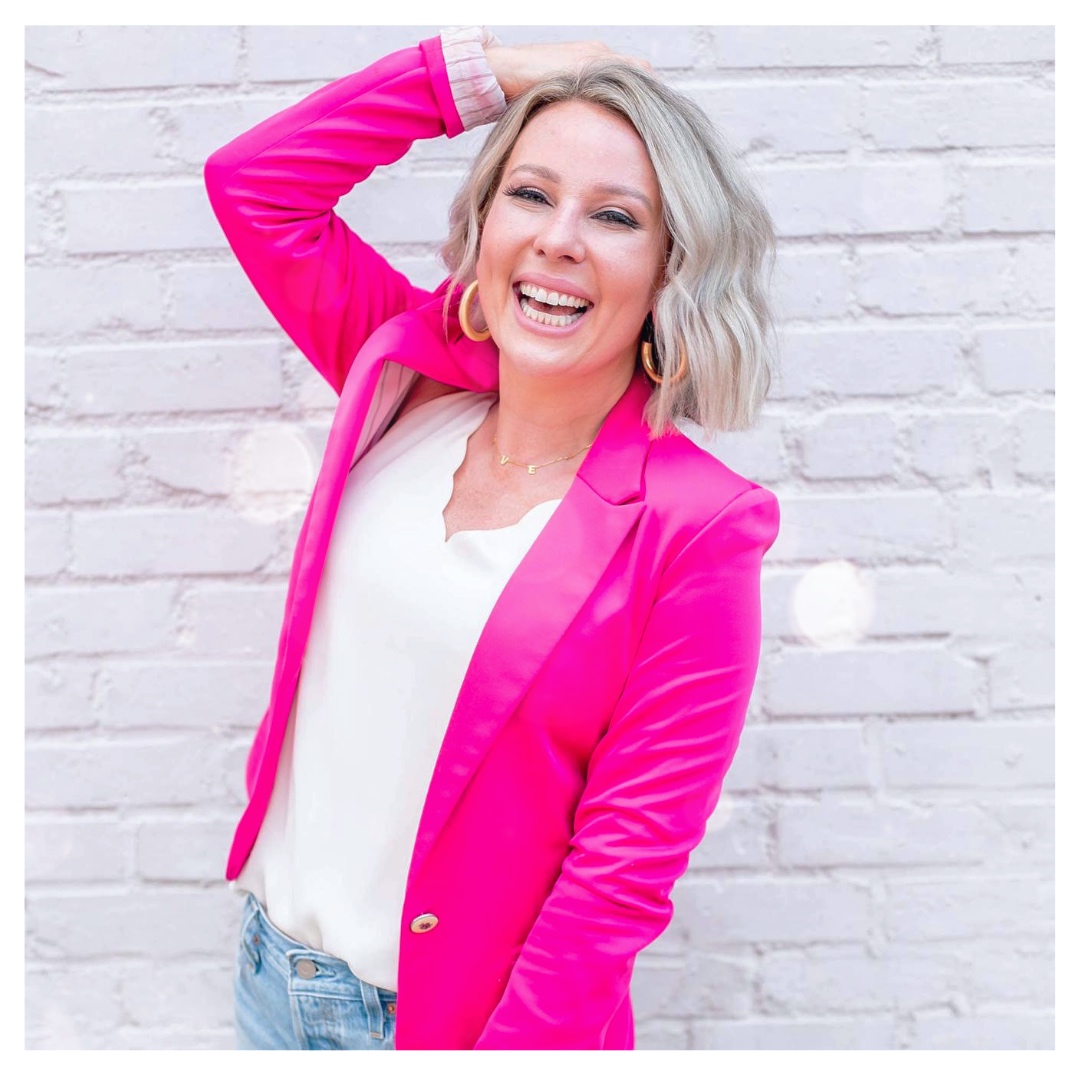
Then my biological clock set in. In the fall of 2018, my husband and I weighed the risks and the rewards and decided it was time. Luckily, my oncologist supported our decision and like a floodgate the desires, dreams and fears rushed out again.
In the following months, I conceived naturally and lost both the baby and my right fallopian tube in an emergency surgery that threatened to break my hope and my life. We tried again naturally without success and then began the process of a frozen embryo transfer, jaded and fearful. When those two blue lines appeared, we were cautiously optimistic but six weeks later, we excitedly shared the news with our families.
We spent the holidays celebrating this miracle with our family. For the first time, I allowed myself to think about a future where I was a mother. Two days after Christmas, we had an ultrasound appointment.
Chattering with excitement, we were ready to hear the heartbeat, but the room turned quiet. “Maybe it’s just too early,” the technician said. “Come back in a few days and we’ll check again.”
We drove home in silence. I could feel it. Our baby was gone. I couldn’t leave the couch; I couldn’t be alone! Alone was too scary as the reality flooded my psyche. We laid and cried and held one another for hours. This couldn’t be happening again.
I still wanted a family, but I began to see the future differently. Maybe it would take many years. Maybe we would adopt. Maybe we would use a surrogate.
After my dilation and curettage (D&C) and another surgery, we were back in the fertility specialist’s office, feeling lost. Were we out of options?
The cancer clock was ticking each day threatening the return to hormone blocking therapy in less than a year. We had time for one more frozen embryo transfer (FET) and then we would need to wait two to three more years before trying again. The next FET hinged on my hormone levels returning to normal but week after week they were too high.
We began to come to terms with our new reality, exploring surrogacy and adoption more seriously. This reassured me that there was still hope for us. Through conversations with other cancer survivors who had started families through alternate methods, I learned that once you hold that child in your arms, it ultimately doesn’t matter how they got there.
In the meantime, back-to-back blood tests still showed high levels. But one day, my husband turned to me and said, “I think you’re pregnant.”
To appease him, I took a pregnancy test. It was positive. I was in disbelief, but blood work confirmed it—our rainbow baby was due in December 2019.
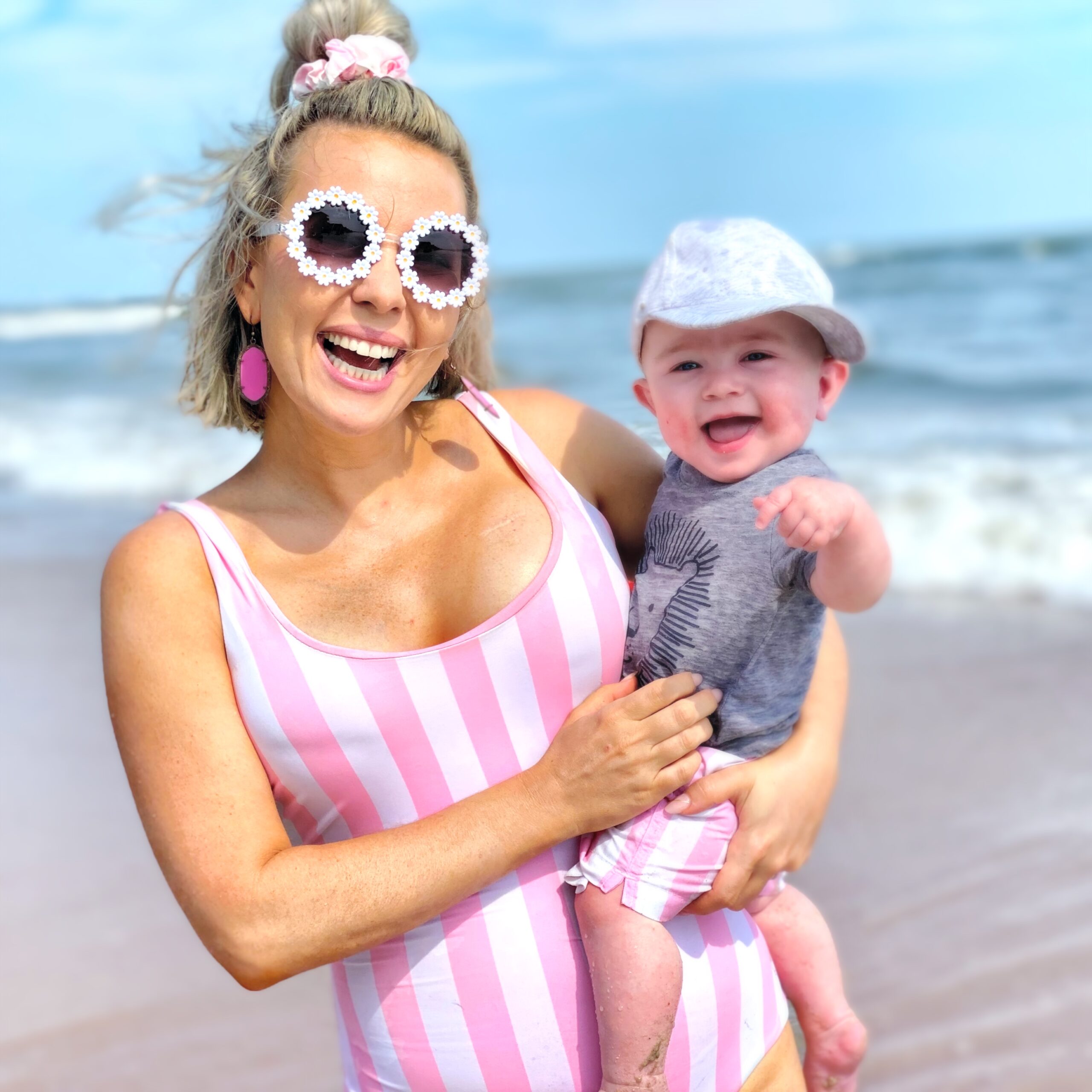
Now, seven months into motherhood, I see that everything I went through prepared me to be a better parent for my son, Mason. The path to his arrival, while riddled with loss and pain, demonstrated that I was stronger than I ever knew. While the memory of my losses will never go away, Mason brings joy that overpowers my pain and allows me to grow and thrive.
Know that you are not alone on your fertility journey after cancer, and even in your darkest moments, there is hope to be found.

